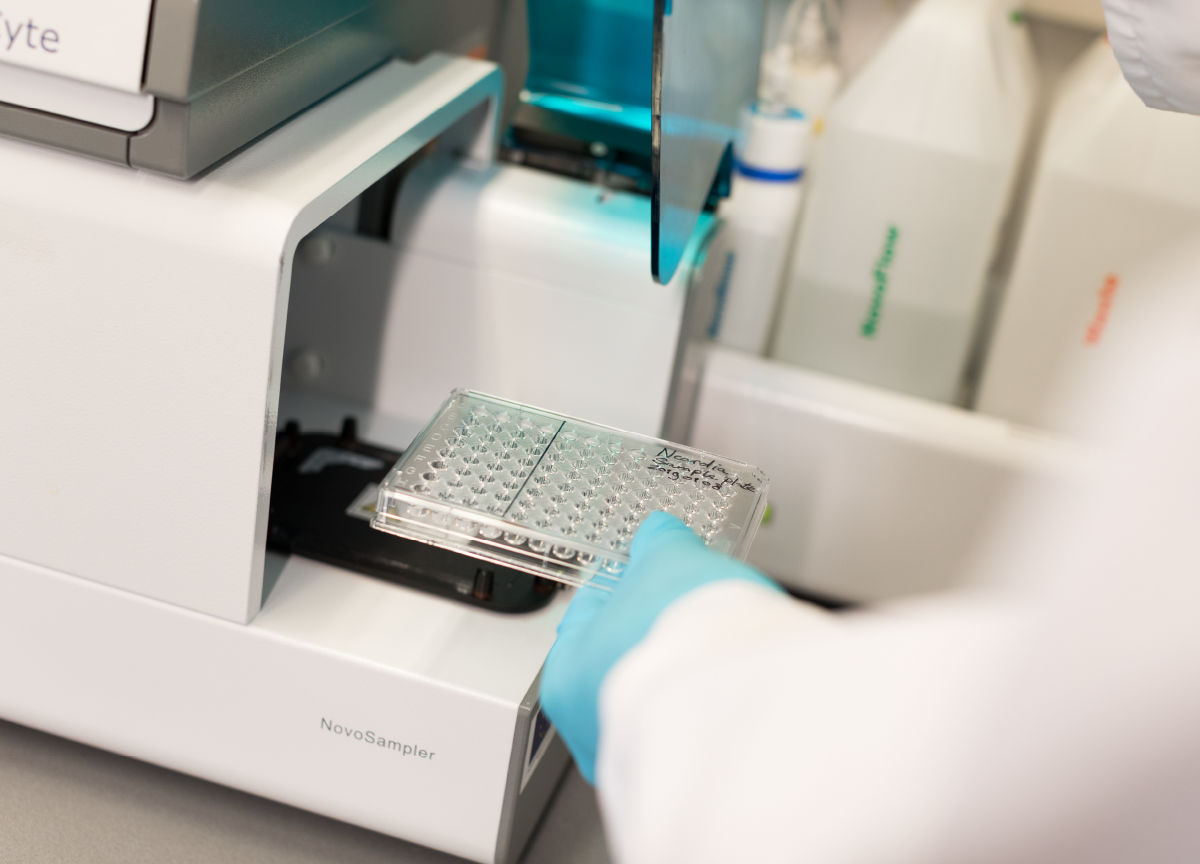Safety pharmacology is an essential part of drug development for early identification of cardiovascular adverse drug reactions (i.a.), which have halted many drug development programs. To further refine the screening strategy for cardiovascular liability detection, the INSPIRE project was initiated: a European Training Network in safety pharmacology. Ncardia’s PhD-scientist Brigitta is part of the team of 15 selected Early Stage Researchers, conducting individual PhD-research projects for a period of 36 months.
Over time, safety pharmacology has evolved, exploring new ways to further refine the non-clinical safety evaluation of new drugs. Several in vitro and in vivo strategies have been developed, among which the large-scale production of human induced Pluripotent Stem Cell (iPSC)-derived cardiomyocytes. Combined with innovative assay technologies, hiPSC-derived cells hold promise to reduce early in vivo screens. For instance, the CiPA initiative has provided proof-of-concept of integrated proarrhythmia risk evaluation, based on in vitro assays utilizing hiPSC-derived cardiomyocytes supplemented with in silico modelling. Pro-active exploration of innovations for safety evaluation is encouraged by regulatory authorities and holds great promise for future developments.
INSPIRE aims to improve cardiovascular safety evaluation, either by investigating technological innovations or by adding mechanistic insight in emerging safety concerns. The program will be open to the research community, to foster both research and training in safety pharmacology and hopefully inspire the future generation of safety scientists.

